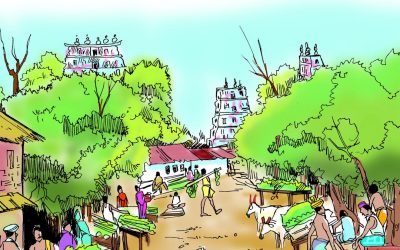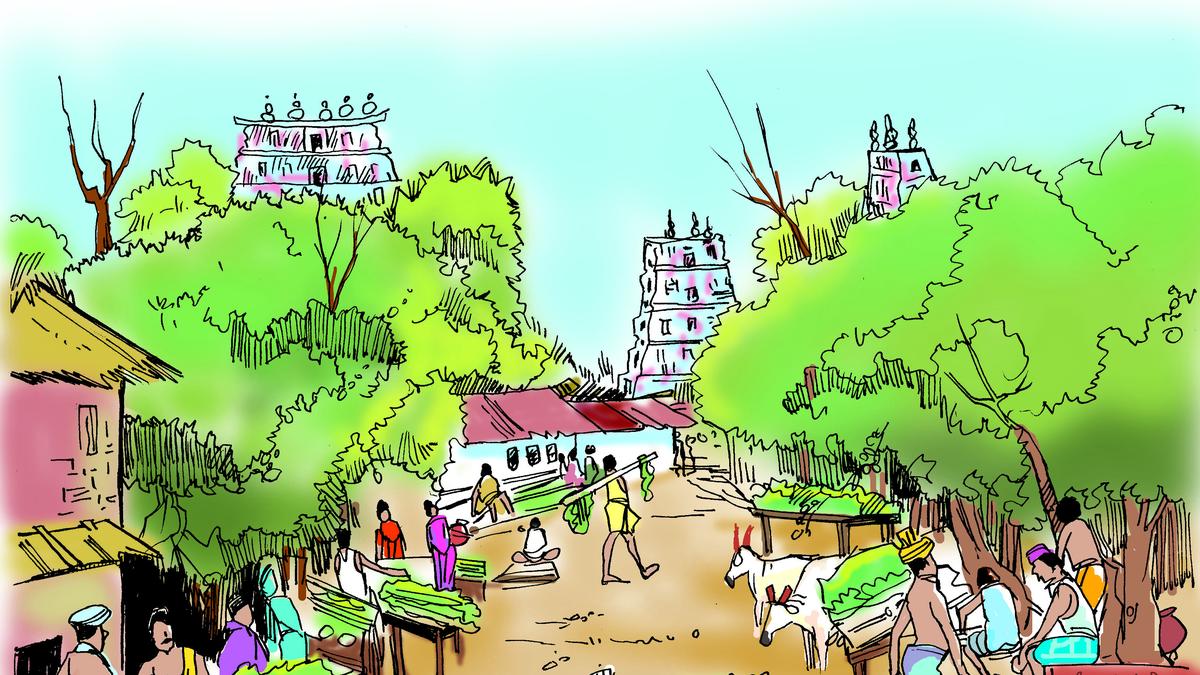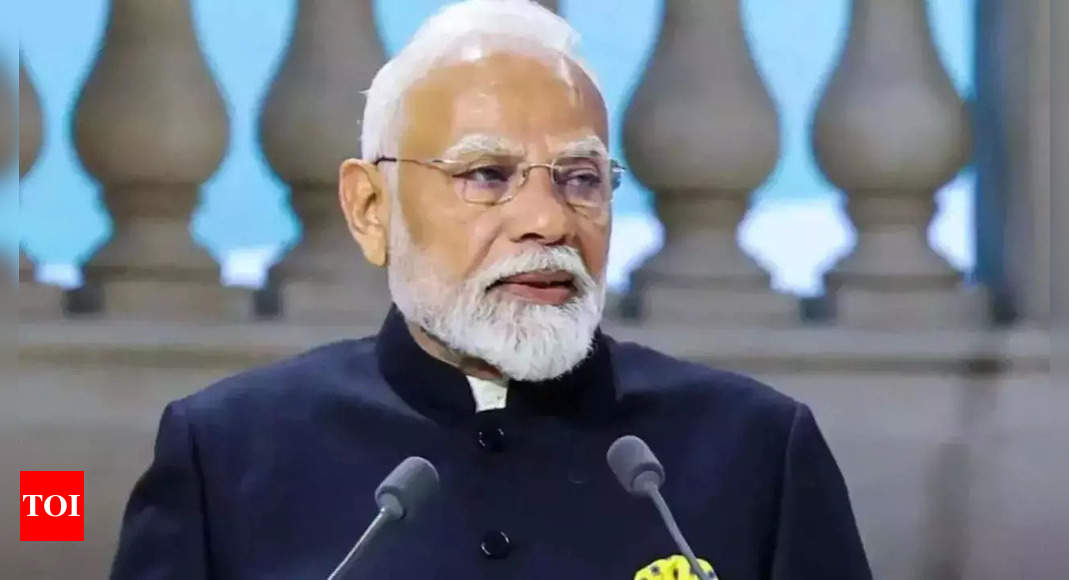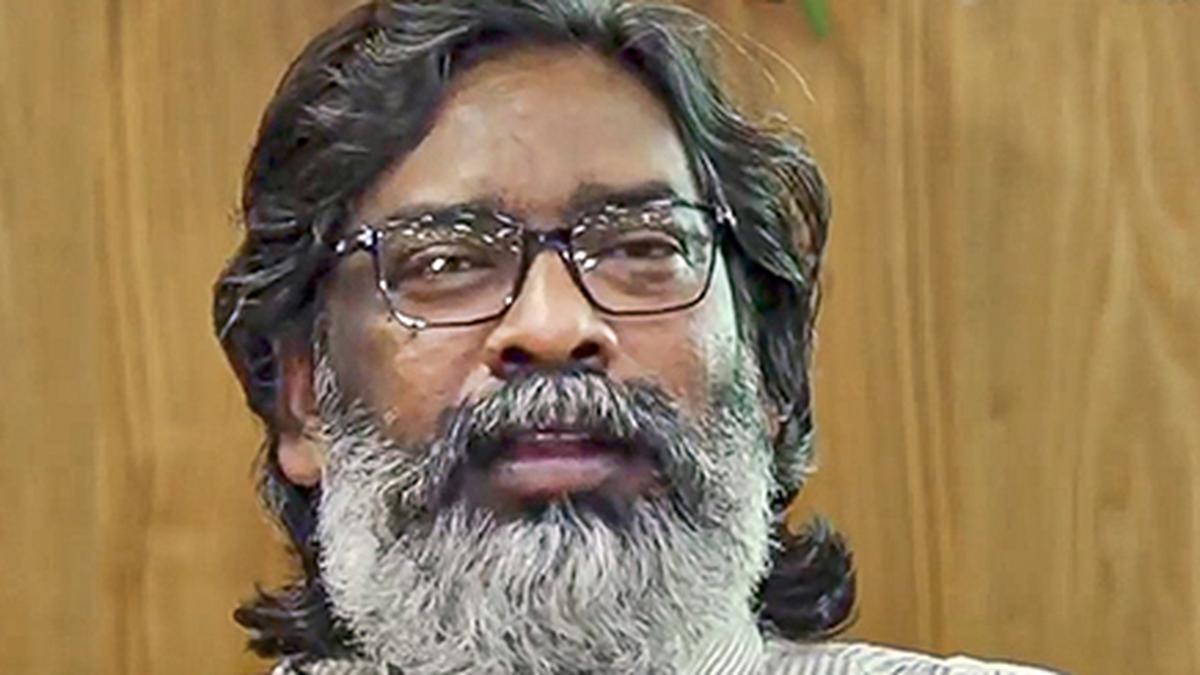Jaipal Singh Munda — the Hockey captain who fought for the cause of Adivasis

The magisterial story of the India’s Constitution has many chapters, only some had the chance to revel in history’s limelight, the rest have remained in the shadows waiting to be rediscovered and retold. One such chapter is the life and times of an honourable Jungli and his crusade for the “original inhabitants” of India. This is the story of Jaipal Singh Munda.
Born on January 3, 1903 to the Munda tribe in Chotanagpur, Bengal (present-day Jharkhand) Jaipal Singh’s journey began when an English missionary recognised his potential and sent him to St. Paul’s School, Ranchi in 1910. With access to education, he excelled academically and athletically making his way to Oxford University where he quickly earned accolades as the most versatile player in the Oxford hockey team and gained the reputation of a prominent orator, becoming president of the St. John’s College Debating Society.
An Olympic Tryst
After graduating with honours in Economics in 1928, he qualified for the Indian Civil Services. While training as an ICS probationer in London, an opportunity struck when his hockey prowess drew him to the Indian team that was on its way to participate in the 1928 Summer Olympics at Amsterdam. Knowing all too well that playing for India would mean his resignation from the Civil Service, Munda instinctively chose to play. He captained the Indian team to victory, however, did not participate in the final match owing to differences with the team, nevertheless having brought the Indian team closer to winning its first Olympics gold medal, which it did that year.
After the game, he took up various assignments as a senior executive of a multinational corporation in Calcutta [now Kolkata], then shifted to a career in teaching and later served as a bureaucrat in the princely state of Bikaner until he was ushered into politics in 1939 when he was elected as president of the Adivasi Mahasabha.
Munda’s life was deeply influenced by the discrimination and exploitation faced by tribal communities in Bihar. It was at this point where his leadership turned instrumental to a greater cause as his fierce speeches mobilised Adivasis to fight for recognition. He helped constitute the Adivasi Labour Union and soon emerged as a vociferous leader of the Adivasi struggle in India and was among the first to voice the demand for a separate State, Jharkhand, to be carved out of the tribal regions of South Bihar.
At the Constituent Assembly
In 1946, Munda made his debut in electoral politics when he was elected to the Constituent Assembly of India as an independent candidate from Chotanagpur, making him one among the five Adivasis in the Assembly, the sanctum sanctorum where India’s future was to be decided. He was made a member in the sub-committees for Fundamental Rights, Minorities, and Tribal and Excluded Areas where he was steadfast in his demands for Adivasi rights and strongly criticised the absence of even a single Adivasi woman in the Assembly.
“I rise to speak on behalf of millions of unknown hordes – yet very important – of unrecognised warriors of freedom, the original people of India who have variously been known as backward tribes, primitive tribes, criminal tribes and everything else, Sir, I am proud to be a Jungli, that is the name by which we are known in my part of the country”, proclaimed Munda on a chilly winter afternoon on 24th January, 1947 appealing to the conscience of the Assembly to correct its oversight of India’s tribal community who were “neglected for the last 6000 years”.
Munda was unflinchingly articulate whenever he rose to speak for his community, calling for their inclusion in the nation’s conscience and its policies – “You cannot teach democracy to the Tribal people; you have to learn democratic ways from them for they are the most democratic people on Earth”, reminding the Assembly of the democratic ethos inherent in the Adivasi’s nobler ways of life, free from social biases and far more progressive in thought than the rest of Indian society.
A staunch Parliamentarian
Post-independence, he won his seat to Parliament for four consecutive terms from Ranchi and fought for economic and educational reforms for the Adivasis. When trouble was brewing in Northeast India with rising demand independence from the Naga Hills, Munda played a crucial role in persuading Naga leaders led by Angami Zapu Phizo to seek autonomy within Indian Union rather than pursue secession.
Throughout his life having remained a loyal advocate for Hockey and a relentless campaigner of Jharkhand’s Statehood, Munda died in 1970 not living to see his dream materialise 30 years later with the creation of Jharkhand in the year 2000. His struggle was built on his faith in the promise of the constitution when he said, “I take you all at your word that now we are going to start a new chapter, a new chapter of independent India where there is equality of opportunity, where no one would be neglected.”
Amidst the many self-righteous men in Indian politics, Jaipal Singh Munda simply stood out like a gem, having accomplished feats that would take one more than a lifetime. He is a testament to the magnificent array of men and women who sat in conclave to conceive the idea of India. And to his people whose cause he championed, he will forever remain the Marang Gomke, the “Great Leader” as he truly was.
(Aswin Suren is an advocate at the High Court of Madras and he is also the founding president, Indian Society for Universal Dialogue.)
Published – January 02, 2025 03:39 pm IST





